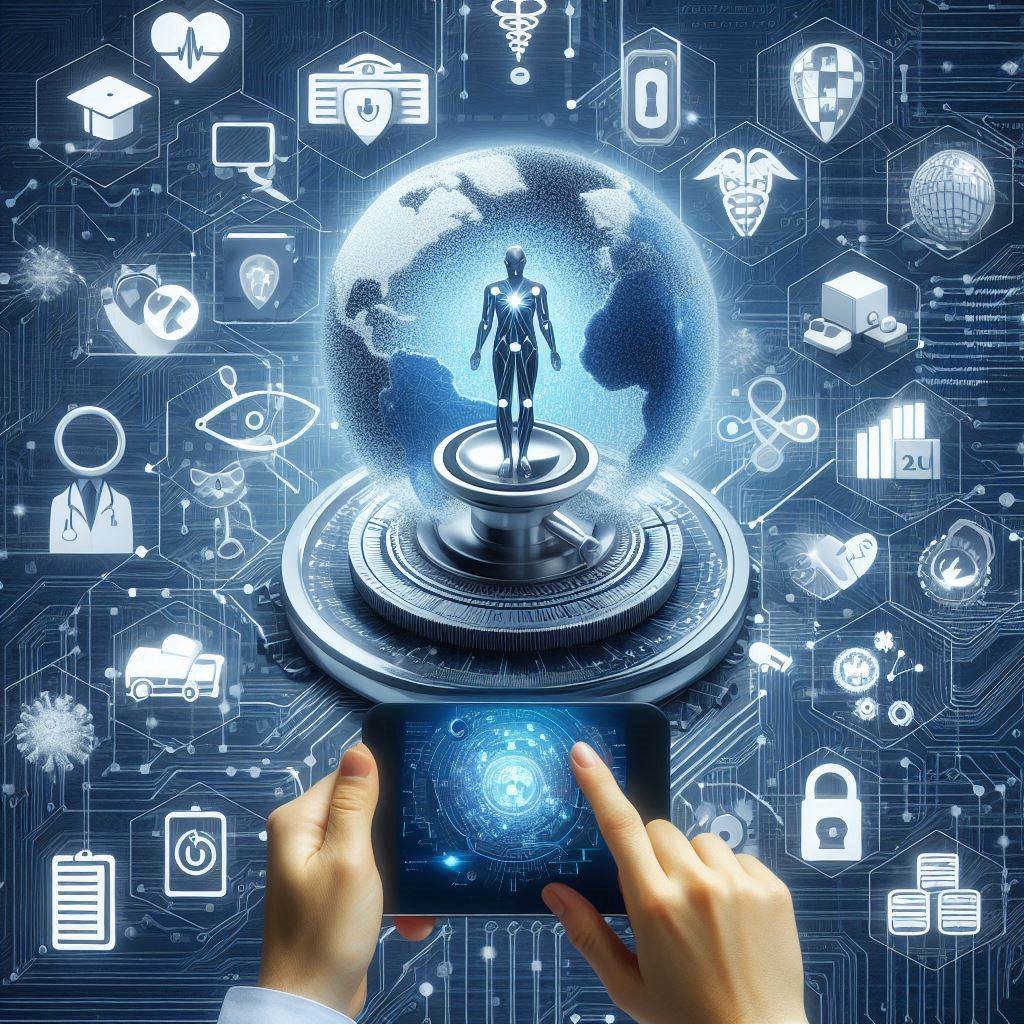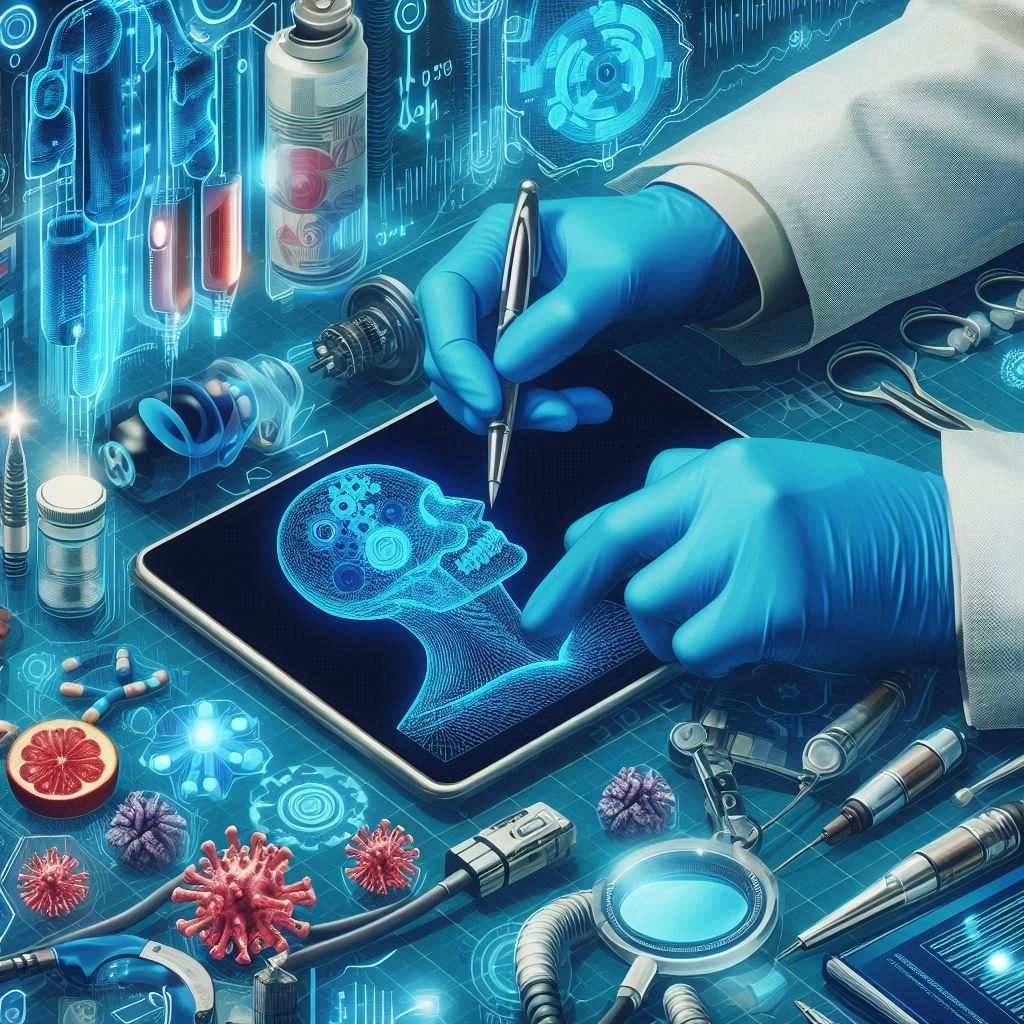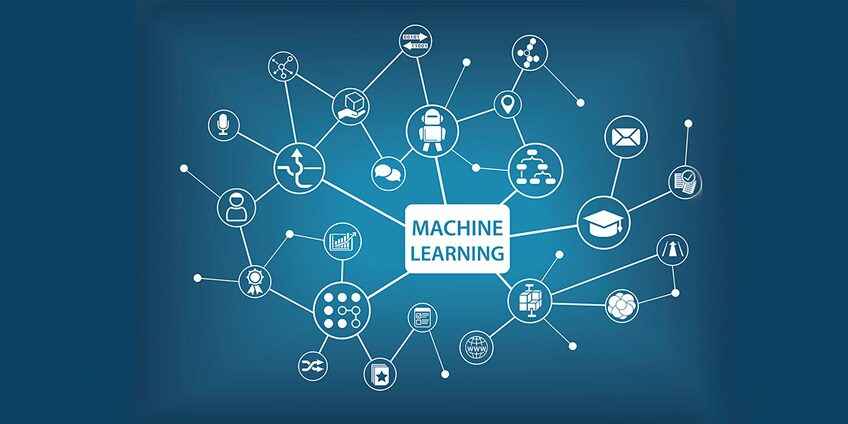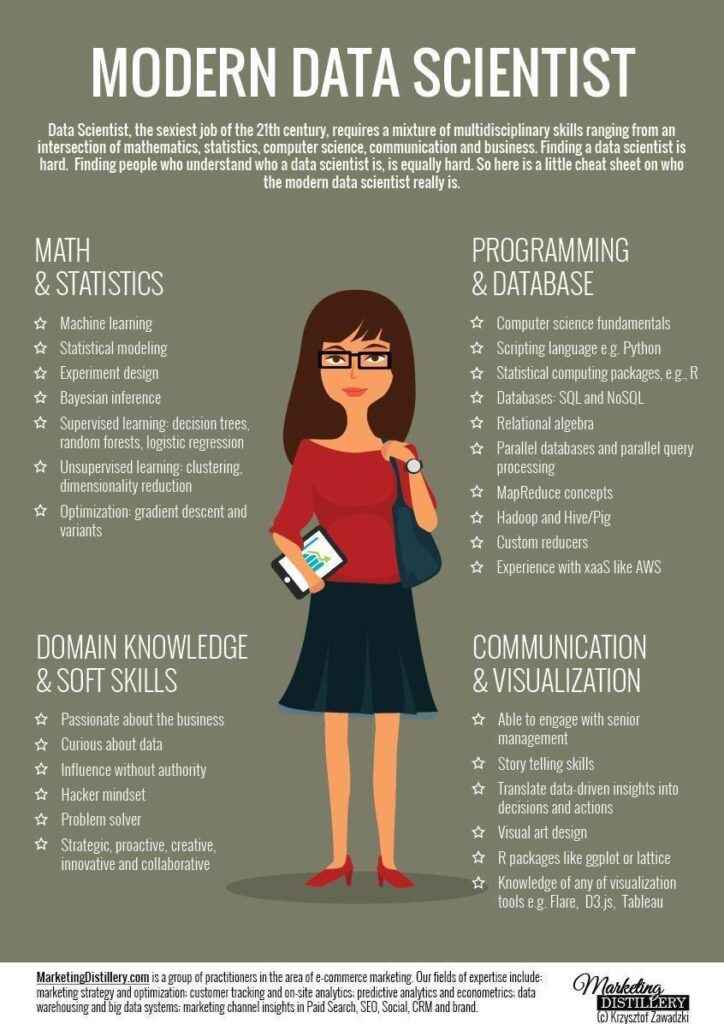Module 1: Introduction to Generative AI and Machine Learning
- Welcome and Overview
- Basics of Generative AI
– Introduction to GenAI Concepts
– Differences between AI and ML - Applications in Healthcare
– Real-world examples of AI in clinical settings - Technical Deep Dive
– Key algorithms and technologies behind GenAI


Module 2: Advanced Techniques in Machine Learning
- Introduction and Recap
- Deep Learning in Healthcare – Overview of deep learning techniques – Use cases in medical imaging and diagnostics or use LLMs in Clinics (historical EMR data) to improve prognosis of patient disease
- Technical Segment: Neural Networks – Structure and function of neural networks
- Practical Applications for Clinicians – Integrating ML into clinical practice
Module 3: Data Management and Privacy in AI
- Introduction and Objectives
- Importance of Data Quality
– Data collection and preprocessing - Technical Deep Dive: Data Security
– Techniques for ensuring data privacy and security - Healthcare Focus: Regulatory Compliance
– HIPAA, PHIPA, and other regulations


Module 4: Real-World Case Studies in AI Applications
- Introduction and Recap
- Case Study 1: Predictive Analytics in Healthcare
– Overview and outcomes - Case Study 2: AI in Mental Health
– Practical implementation and results - Technical Segment: Analysing Case Studies
– Methods and techniques used
Module 5: Future Trends in AI and Machine Learning
Agenda:
- Introduction and Recap
- Emerging Technologies in AI
– Overview of cutting-edge AI developments - Technical Insights: Next-Gen Algorithms
– In-depth look at upcoming algorithms - Impact on Healthcare and Mental Health
– Predictions and future applications


Top 10 free
machine learning articles
Big Data, IoT (internet of things) and machine learning (or now being called Machine Intelligence by Harvard Business Review) and /or AI (artificial intelligence) has increasingly gained more popularity in the past couple of years and still continues to do so. Large Companies and employees both are worried and want to keep track of the latest trends to stay current. There are several use cases and applications of AI.
Tensor flow top books
Machine learning is the science of getting computers to act without being explicitly programmed. In the past decade, machine learning has given us self-driving cars, practical speech recognition, effective web search, and a vastly improved understanding of the human genome. Machine learning is so pervasive today that you probably use it dozens of times a day without knowing it. Many researchers also think it is the best way to make progress towards human-level AI.


Data Scientist Anatomy
and Best Practice
Data science is a concept to unify statistics, data analysis and their related methods in order to understand and analyze actual phenomena with data. It employs techniques and theories drawn from many fields within the broad areas of mathematics, statistics, information science, and computer science, in particular from the sub-domains of machine learning, classification, cluster analysis, uncertainty quantification, computational science, data mining, databases, and visualization.
